Table of Contents
ToggleWhen a medical practice has many locations, Facebook Locations Manager is your friend.
Similar to Yelp, Facebook is quickly becoming a directory for business. In recent years they started to cater to brands by creating business map listings, pages, reviews as well as upgrades to their advertising features.
Why use Facebook for business
- Activating Locations Manager turns your main brand page (parent page) and locations pages (child pages) into “places”, which allows people to find your brand easier when searching on Facebook.
- All of your locations are displayed on the map and it creates a location tab and widget area for every page associated with that brand.
- You can also become a “verified” Facebook page, which gives more credibility and priority on Facebook searches (for your brand).
- Consistent branding across the web. Facebook is another business directory to have accurate NAP (name, address and phone number) and branding.
- Ghost pages already exist on Facebook. Locations Manager allows you to take control of your presence on Facebook and prevent ghost pages from showing up. Either you manage and control your location pages, or you don’t. Either way they most likely exist, or will exist, on Facebook.
- Patients are going to leave reviews regardless. Regardless if you have Locations Manager on or not, patients will still post reviews. This is just organizing it in a way that makes sense for you, your patients and the web.
So how does this work?
Groups will continue to have a main parent page, but with Locations Manager, all your locations will also have “child” pages underneath the parent page. This allows for your “locations” to be a part of your main page.
New locations widget area:
Locations as they appear on the map:
There are a few things that are important to know when using Locations Manager
- The child page will be linked to the parent page.
- Each of these locations are a separate page, but they are associated with the parent page.
- Anyone who is an admin of the parent page will be an admin of the location child pages. If you prefer, each location page can have it’s own admin to give location staff access to its specific location.
- The category of the parent and child pages will change to “local business” if it was previously categorized. Otherwise turning it into a “Place page” and allowing users to easily find local pages on their mobile devices when they search.
- Each location has it’s own reviews, check-ins and posts. Check-ins across all child pages are also displayed on the parent page so it aggregates the data from all child pages to the parent page.
Impact on search results
When searching for the practice, search results show the parent and all of it’s children locations. It’s important to understand that this doesn’t just create additional pages, they are all interconnected and related entities within Facebook.
Management of child location pages
Additionally, where you see “pages you manage”, it only shows the parent page. This avoids a whole list of location pages dominating your pages. When you go to the parent page, you can easily find the child pages.
The parent page will always show up first, followed by each child page filtered by the most likes to the least. Most posts, announcements, etc. will, and should, still go to the parent page. The child pages are there to be consistent across the web, which is the end goal. Each of these locations should match up to what Google has listed, what Bing has, etc. The more directories (like Facebook) that are up-to-date and accurate, the better.
Closing thoughts
So you may be thinking, “Well I don’t really want all those pages.” The thing is, some of these location pages probably exist already. Facebook aggregates their business directory information from other map services (similar to Yelp), so people can check in to one of your locations. If Facebook knows it exists, even if you never created a page and users can submit a location if it doesn’t exist. It’s just not branded, and is floating around on Facebook.
Bottom line, when you create pages for all of your locations, you’re solidifying your brand, making each location official.


